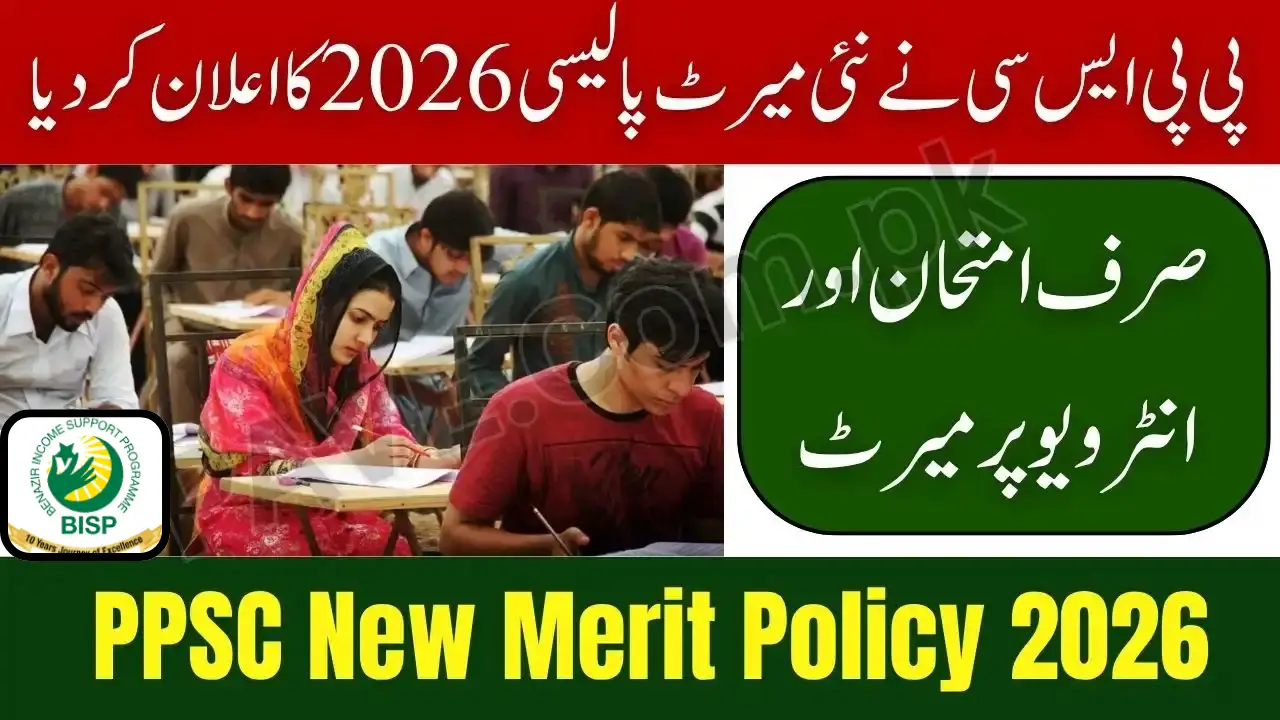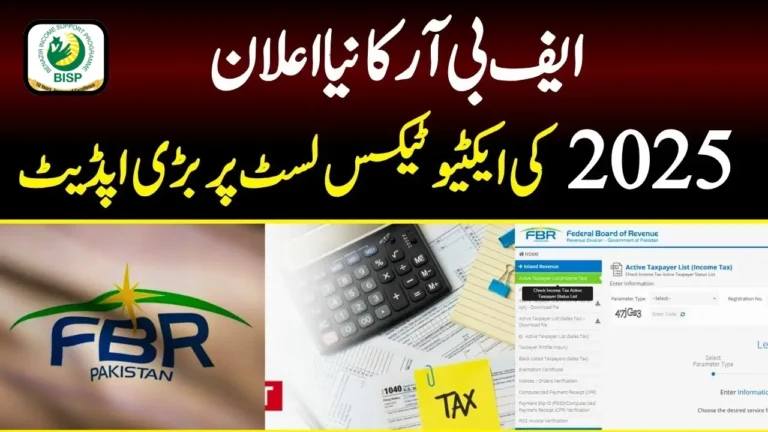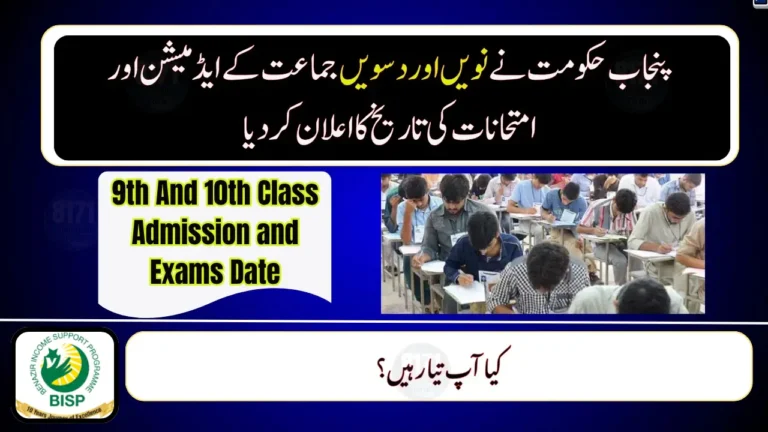PPSC New Policy 2026 – Big Changes Coming from January
The PPSC New Policy 2026 is set to bring significant reforms to the recruitment process of Punjab Public Service Commission starting January 2026. Academic marks, which previously played a major role in determining merit, will no longer be considered. This change is aimed at creating a more transparent and performance-oriented system, ensuring that candidates are evaluated purely based on their skills and abilities rather than past academic achievements.
For aspirants, this means a complete shift in preparation strategies. Those who relied heavily on academic performance must now focus on exam preparation and interview skills. Understanding the details of the PPSC New Policy is crucial for candidates who want to excel in upcoming recruitments.
Double Sawari Ban in Balochistan Extended
Changes in the Merit System
The PPSC New Policy 2026 introduces two main changes. First, academic marks from university or board examinations are removed entirely from merit calculations. Second, marks for research, non-clinical experience, or extracurricular activities will no longer contribute to final merit. Moving forward, merit will depend solely on written exam results and interview performance.
These reforms aim to standardize the evaluation process, ensuring fairness and objectivity in every recruitment cycle. Candidates will now be assessed purely on their knowledge, problem-solving skills, and communication abilities.
Complete Guide to PSER Survey 2025
Why the Reform Was Necessary
The decision to implement the PPSC New Policy 2026 stems from the need for fairness and equal opportunity. Academic grading systems differ across institutions, often giving an unfair advantage to some candidates. By eliminating academic scores, the PPSC ensures a level playing field for everyone. Furthermore, the focus on examinations and interviews aligns with international best practices for public service hiring, prioritizing merit and competence over historical academic results.
Merit Calculation Under the New Policy
To provide clarity, here is a comparison of the old and new merit systems:
| Component | Old Policy | New Policy (From Jan 2026) |
|---|---|---|
| Academic Marks | Included, significant weightage | Removed |
| Written Exam Score | Contributed alongside academics | Primary focus |
| Interview / Viva Performance | Contributed to final merit | Continues, essential for selection |
| Experience / Research Marks | Additional bonus marks possible | Discontinued |
This table clearly illustrates how the PPSC New Policy prioritizes performance-based assessment.
Chery Tiggo 9 Price in Pakistan 2025
How Candidates Should Prepare
Aspirants need to adjust their preparation strategy to succeed under the PPSC New Policy. Focus should be on comprehensive understanding of the syllabus, practicing past papers, and strengthening interview skills. Candidates should also refine communication skills and confidence to perform well in viva voce, as it now plays a larger role in overall merit.
Implications for Recruitment and Departments
For departments, the PPSC New Policy ensures a more transparent and objective recruitment process. It eliminates biases tied to academic performance and allows talented candidates from diverse backgrounds to compete on equal footing. Over time, this reform is likely to improve the quality of public service recruitment and promote merit-based selections.
Conclusion
The PPSC New Policy 2026 is a transformative step toward fairness and meritocracy in Punjab’s public sector recruitment. Candidates must now focus entirely on exam excellence and interview preparedness. By removing academic weightage, the policy creates equal opportunities for all aspirants. Starting January 2026, success in PPSC exams will depend solely on skill, knowledge, and performance—making it essential for candidates to adapt and prepare effectively under the new system.
Breaking News! PSL 2026 New Teams






